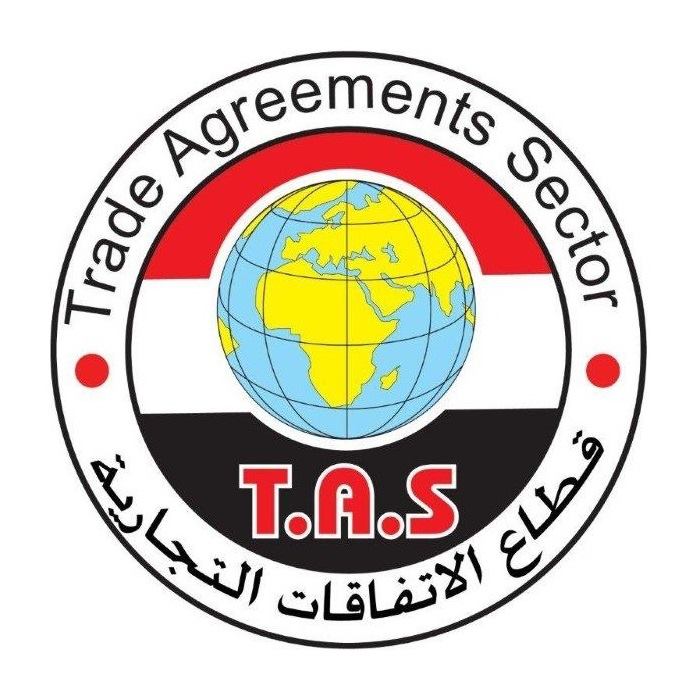Industry-Specific Reforms > Taxation
- Taxes place a significant burden on industrial activities as they result in higher prices, thereby making products less competitive.
- The ambiguity of the law and its executive regulations opened the door to unduly discretion in interpreting the law and its regulations, which resulted in varying interpretations within the same agency. A good case in point is the tax treatment of specialized industrial processes related to a number of industries, including food, detergents pharmaceuticals, cosmetics, and paper pulp (e.g., pulp of wood or of other fibrous cellulosic material).
Responsible Entities
Date 3/21/2019
Industry-Specific Reforms > Taxation
- Eliminate ambiguity in all tax-relevant laws, regulations and guidelines, and simplify them in order to limit the discretionary power of tax administrators.
- Form a small committee consisting of the directors of the Tax Authority and the Customs Authority, a deputy of the Minister of Finance, the chairman of the FEI (or who he may delegate), and representatives of the chambers of industry. The committee should be tasked with studying the tax- and customs-related procedural and legal obstacles facing industrial investors, coming up with practical solutions, and taking decisions that can have a quick impact on the ground.
- The Ministry of Finance should sign a protocol with the Organization for Economic Cooperation and Development (OECD) to develop tax treatment systems, which are aligned with global best practices in tax administration and enhance investor confidence in tax reforms.
Responsible Entities
Date 3/21/2019
Responsible Entities
Date 3/21/2019
Industry-Specific Reforms > Taxation
- In some cases, the Tax Authority does not recognize double taxation avoidance agreements. This, in turn, has a negative impact on Foreign Direct Investment (FDI) flows to Egypt.
Responsible Entities
Date 2/2/2020
Industry-Specific Reforms > Taxation
- Comply with the double taxation avoidance agreements in order to encourage the flow of direct foreign investment to Egypt.
Responsible Entities
Date 2/2/2020
Responsible Entities
Date 2/2/2020
Industry-Specific Reforms > Customs Procedures
- The provisions of the Customs Law dealing with container handling services are outdated, thus, the efficiency of container handling operations are severely undermined. This can be attributed to several long-standing operational efficiency shortcomings. Containers are transported from seaports to dry ports under the supervision of the Customs and the police, and the clients bear all fees and the burden of any delays. More so, there are no representatives of the supervisory authorities available in dry ports, so in the event that a customs dispute arises between an importer and the customs authorities in dry ports, the importer is forced to return to the original port to address the issue.
Responsible Entities
Date 3/21/2019
Industry-Specific Reforms > Customs Procedures
- The Customs Authority and all other relevant agencies should refrain from issuing directives related to import/export activities until they consult with the Agreements and Foreign Trade Sector of the Ministry of Trade and Industry. More so, the new bills of landings should be accepted.
- The new customs law should take into account all international best practices and adhere to the Revised Kyoto Convention regarding customs control.
- Egypt should accede to the International Convention for Safe Containers (CSC); the new bills of lading should be accepted.
Responsible Entities
Date 3/21/2019
Responsible Entities
Date 3/21/2019
Industry-Specific Reforms > Customs Clearance
- Issues in the application of international trade agreements as it requests submitting the original certificate of origin and uploading it on the platform does not suffice and once the application code of the agreement is put the exemption does not show up, rather, the agreement could be abrogated for the possibility of registry 46 as there is no registration in document 46 unless the agreement is abrogated.
Industry-Specific Reforms > Customs Clearance
- Issuing instructions for the applying the agreements in case pre-clearance takes place with a copy form of the exemption document, hence to be submitted in the second stage.
- MTS reviews the agreement codes, and how it is applied and showed.

